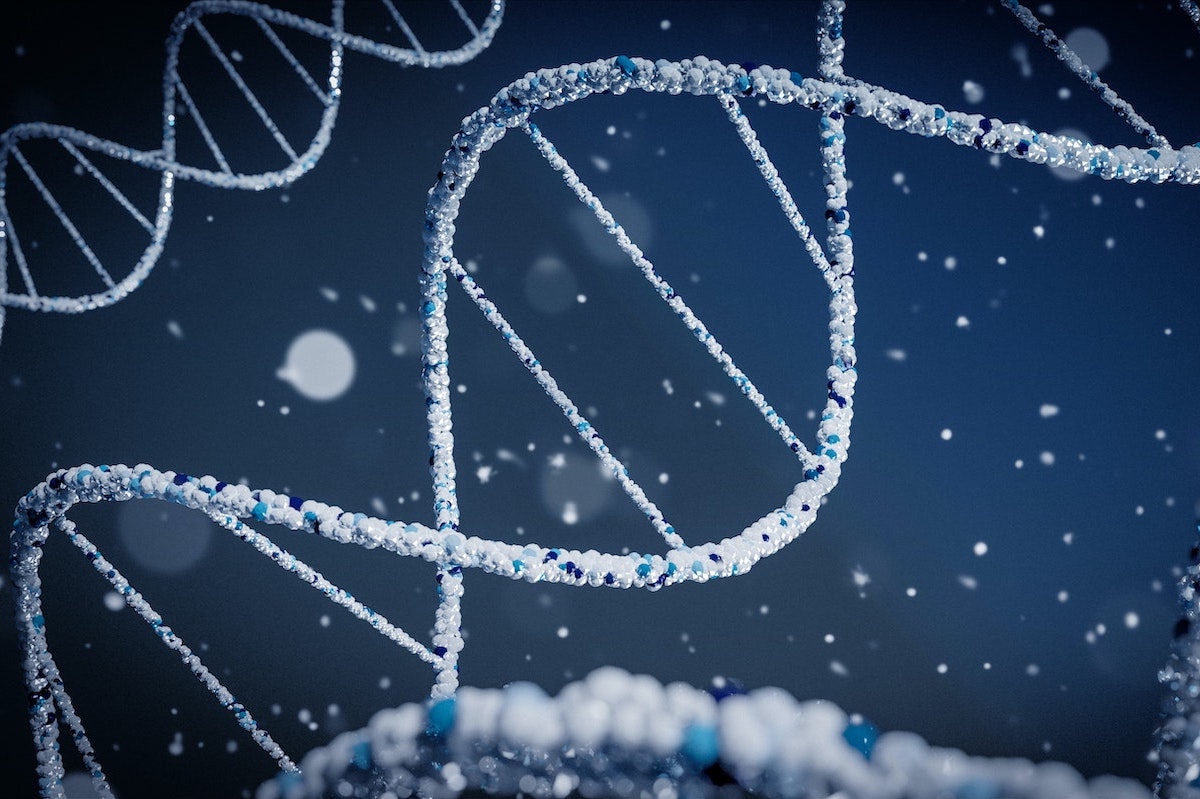DNA test kits like 23andMe and Ancestry have become a popular way to discover your heritage, to learn about potential health risks, and even to find out whether you have a genetic propensity for a cleft chin or detached earlobes. You can also choose to submit your DNA test results to data pools in hopes of discovering long-lost relatives. For someone who is adopted, this step can enable a search for a birth parent—or vice-versa—and potentially lead to reunions.
But such searches can also deliver some unpleasant and disruptive surprises. Discovering that a “parent” is not your biological parent, or that you have a previously unknown half-sibling, or that you have a child you never knew about, can throw families into turmoil. In the worst cases, marriages and parent-child relationships have broken up over the revelation of biological progeny.
That’s not all. The surprise appearance of a previously unknown sibling or biological child can have a major impact on inheritance. Although a home kit result would need to be verified by court-approved DNA testing to be admissible in Massachusetts courts, the emergence of a new relative can alter what happens to your assets if you die without a will.
If You Die Without a Will, Intestate Laws Determine Inheritance
First, a little background on basic probate law: When a Massachusetts resident dies without a will, his or her assets pass to the decedent’s heirs pursuant to laws of intestacy. Intestacy laws are default rules that dictate who inherits your assets if you fail to decide for yourself by signing a will.
There are different rules for different situations. For example, there is one set of rules if the decedent is married with children, all of whom are common to the marriage; another, for someone who dies unmarried, with no children. And so on.
Unexpected Biological Relatives Can Lay Claim to Their Share of an Estate
Here’s just one way that a DNA test result could impact estate administration. Suppose Arnold dies, without a will, unmarried, in Worcester. He has a daughter, Betty. She is his legal heir (whether by biology or legal adoption). Betty expects to inherit all of Arnold’s estate, because she is his sole heir . . . or so she believes.
Several years ago, however, Arnold took a 23andMe DNA test to determine his health risks and to learn what risks he might have passed on to Betty. Later, on a whim, he submitted his results to 23andMe’s DNA pool, then forgot about it.
Meanwhile, Clara, who lives in Lowell, was raised without a father and has always wondered if he might be out there, somewhere. Clara takes a 23andMe test, without telling her mother. Lo and behold, Clara discovers a 50 percent genetic match in the database—Arnold. She confronts her mother and learns that Arnold and her mother had a brief affair years ago, and that her mother never told him of her pregnancy.
Clara soon finds an online copy of Arnold’s recent obituary. As Arnold’s daughter, Clara is Arnold’s legal heir. She contacts Betty. To Betty’s dismay and frustration, she realizes that she must share her father’s estate with Clara, her new half-sibling. Since Arnold died without a will, the law is clear. You can imagine how Betty’s and Clara’s sisterhood evolves from there.
How could this have been avoided? Arnold should have had a will. He should have met with an estate planning lawyer and stated his wishes with respect to his estate. Why would a will help? Because Arnold’s will would have provided, for example, that his entire estate would go to his daughter, Betty. Whether or not Arnold knew about Clara—or any other children he may have sired—would not matter. Under current Massachusetts law, the omission of any child under a will (like Clara) is considered deliberate.
Each case is unique. For detailed guidance on issues involving probate administration and estate planning, please contact me at 508-453-6276.
Image: Braňo

